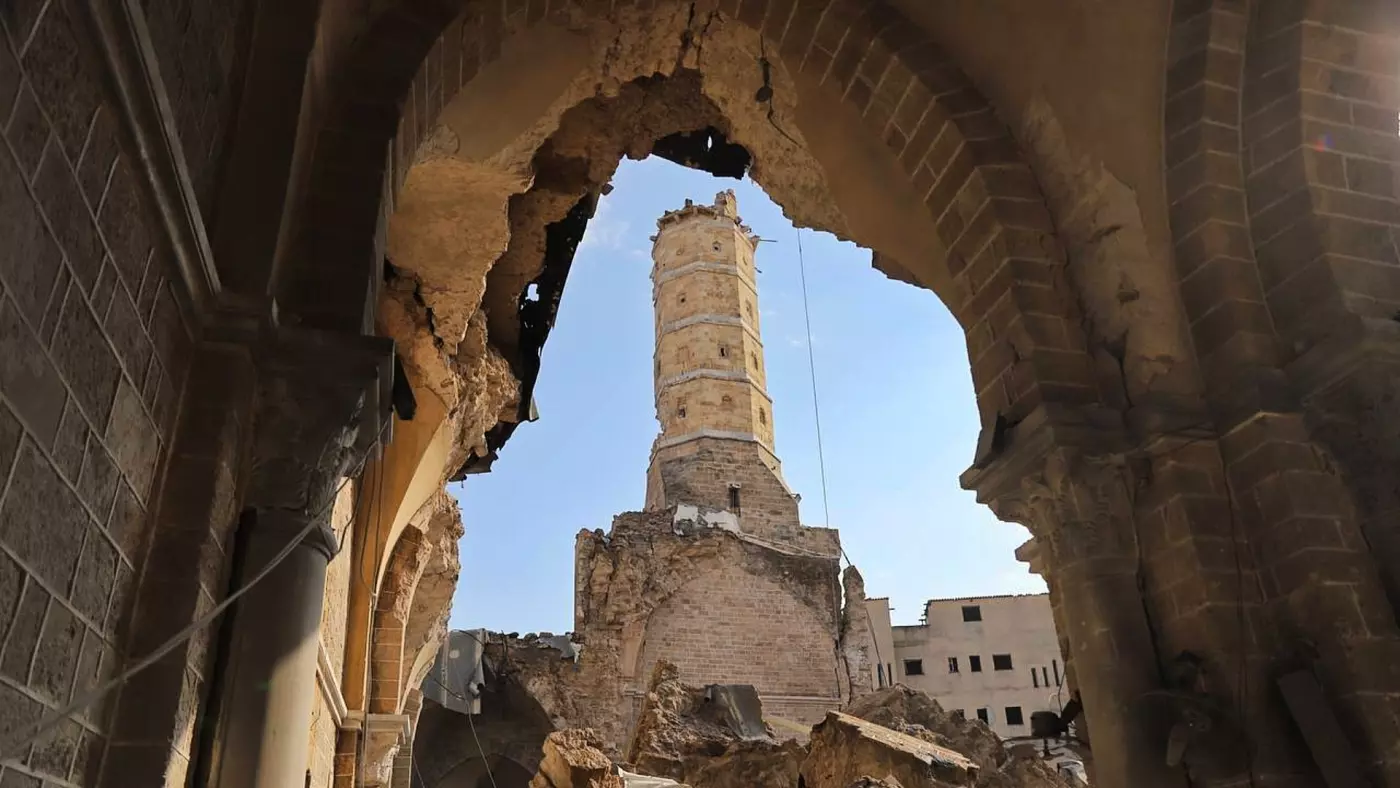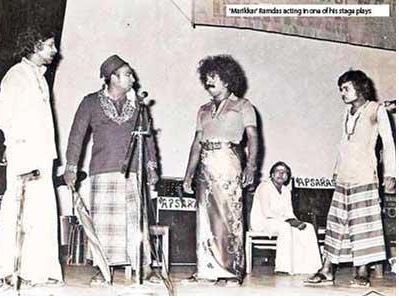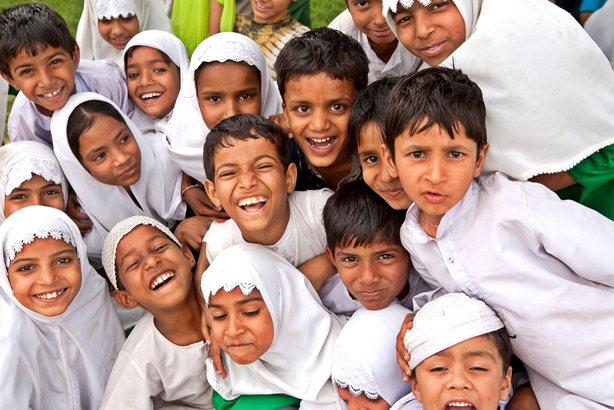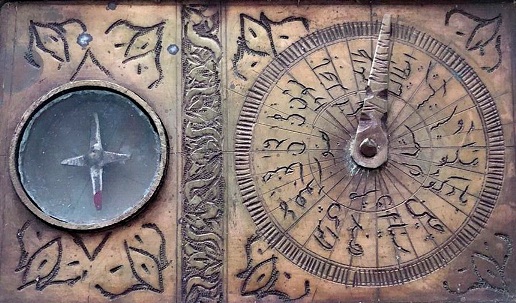 A one-time Minister of Foreign affairs A.C.S. Hameed once pointed out that “Historians have traditionally been attracted by wars and rebellions whereas the peaceful co-existence of groups of people over long periods tends to be overlooked”. He went on to say “in the history of Sri Lanka few are aware of the harmonious relationship which had developed between the Sinhalese, its indigenous inhabitants, and the Muslims who initially were foreigners, and that both have lived together peacefully for over a thousand years. Perhaps because it was such a peaceful relationship it has passed unnoticed by the historian”. This important piece of writing was in the foreword written to the book The Muslims of Sri Lanka. One thousand years of Ethnic Harmony 900-1915 by Dr. Lorna Dewaraja a well known Sri Lankan historian. The foreword brings to light many characteristics that marked the advent of the Muslims’ entry into the Island and which contributed to the peaceful co-existence of the two groups.
A one-time Minister of Foreign affairs A.C.S. Hameed once pointed out that “Historians have traditionally been attracted by wars and rebellions whereas the peaceful co-existence of groups of people over long periods tends to be overlooked”. He went on to say “in the history of Sri Lanka few are aware of the harmonious relationship which had developed between the Sinhalese, its indigenous inhabitants, and the Muslims who initially were foreigners, and that both have lived together peacefully for over a thousand years. Perhaps because it was such a peaceful relationship it has passed unnoticed by the historian”. This important piece of writing was in the foreword written to the book The Muslims of Sri Lanka. One thousand years of Ethnic Harmony 900-1915 by Dr. Lorna Dewaraja a well known Sri Lankan historian. The foreword brings to light many characteristics that marked the advent of the Muslims’ entry into the Island and which contributed to the peaceful co-existence of the two groups.
As a Sri Lankan Muslim I thank Allah that I was born in Sri Lanka and was able to live my life as a Muslim due to the tolerance and religious peace that emanated from Buddhism. Some years ago at a lecture session at the BMICH a professor waxed eloquent on the feelings he had for Sri Lanka and that this was the only place for him. In the course of his talk he turned round to me and said that if ever anything untoward happened I could of course seek refuge in Saudi or the Middle East. I for one was taken aback at this remark and saw no reason why I should ever leave my country. I had to make quite a sharp and almost a rude rejoinder “I don’t see why I need to seek shelter in any other country other than mine which is Sri Lanka. I was born here, bred here and will Insha Allah (God Willing) die here. These mistaken notions by people like these well meaning individuals do float around and of course the response is not to take them seriously. My feathers were ruffled no doubt but I did teach him a lesson on the pluralistic nature of our country which truly belongs to all of us, diverse communities that we are.
At this point I would like to go back to the foreword to the book which would enlighten through history the nature of the relationship between the Muslims and the Buddhists. As the foreword continues “unlike in India where Islam made its entry as a conquering proselytizing force, in Sri Lanka it appeared as the personal faith of a peaceful trading people who in course of time earned the goodwill, confidence and trust of the indigenous people. Buddhist ideals of tolerance and accommodation too were contributory factors. Besides there was hardly any economic factor that could have caused conflict. Therefore Muslim integration into Sinhala society proceeded at an even pace for which there are few parallels elsewhere in the world”. What has been mentioned are historical facts, born out of study and research and it is indeed heartwarming not only to know but to disseminate widely the kind of understanding between the Sinhalese the Muslims, especially today in view of the complexities all over the world which dogs sensitive area of human relationships. At this point of time in Sri Lanka we are at the end of a 30 year war and the thirst for peace grows apace in the welter of conflicting issues that naturally characterize the settling down of a nation to heal its wounds and transform the nation into not so much a modern miracle but a haven of peace with an enabling environment for human development and growth.
Talking of the history of a people, much effort has been made in the past few decades to record the history of Muslims in Sri Lanka and some excellent historical material is available. It is from these sources that much of the history of the Muslims contribution to harmony and understanding has been gleaned. I would like to refer to some excerpts from the book. This particular paragraph I am quoting contains truths which are of great value today.
“A study of Muslim minorities in a few other Asian countries like Thailand, Burma and China shows that whatever Muslim trading colonies developed into permanent settlements they were subjected to two pressures diametrically opposed to each other – a gravitational pull towards the Islamic core in order to preserve their Islamic identity and a similar pull in the opposite direction in an effort to integrate with the rest of the society as a means of survival in a foreign and sometimes hostile climate. In certain Asian situations the Muslims had to camouflage their culture from hostile eyes and remain Muslims indoors and play the semblance of being something else outdoors. These opposing forces have in many instances led to psychological stress, social unrest and sometimes even open rupture.
In Sri Lanka the Muslims did not undergo such a traumatic experience and they were able to maintain a delicate balance between the two contradictory forces thus preserving an unbroken record of peaceful co-existence with their neighbours. This was achieved in Sri Lanka with the least tension. The Islamic identity was maintained due to the spirit of religious tolerance prevailing in the country, which not only allowed but even encouraged the Muslims to strengthen their internal organization while the integration into Kandyan society was possible due no doubt to the flexibility of Kandyan institutions as well as the adaptability of the Muslims and their willingness to conform and compromise in so far as their religious susceptibilities were not endangered. For instance the Muslims served as officials in the administration of the state as well as of the Buddhist monasteries. It is noteworthy that the Muslims were functionaries in the Temple of the Tooth and participated in the ritual of the Esala Maha Perahera, the greatest pageant in the Buddhist world. This process of structural assimilation which took place without any erosion of the cultural distinctiveness of the Muslims is perhaps unique in minority-majority relations.”
The facts noted here are significant and cannot be easily forgotten. In the present context of growing hostility towards each other, fuelled no doubt by parochial-minded elements, these truths need to be remembered. It is not possible to illustrate the relationship in the many areas. I have just picked out a few samples. It must be remembered that everything did not always move smoothly. There were little breaks in the continuous line, little incidents, small events that caused small waves of eddying turbulences, little grey clouds that caused some thunder and heavy showers but that could be contained and served to restore cordial relations once more.
As a Muslim I am deeply concerned about what is happening in Sri Lanka. The unnecessary hostility and the vicious attacks by a small minority on the Muslim community needs to checked before it grows into a surge that could assume a force that cannot be quelled. Relationships need to be restored. Reconciliation and co-operation need focus. These need to be kneaded into the system. As Sri Lankans we all need to look into ourselves, turn the search light inwards and identify the problems within and resolve it through dialogue, discussion and negotiation.
Dwelling on memories recalled in this book ‘The Muslims of Sri Lanka’ – One thousand years of ethnic harmony 900 – 1915 – the present context is baffling, perplexing to say the least. Having lived in the country for almost seven and a half decades it is with great pride and happiness that I call myself a Sri Lankan, awarded the opportunity of living, working, playing and studying with diverse communities that go to form pluralistic Sri Lanka. The contributions of members of the different communities summed up to make this glorious Island. In all fields – political, social, economic, religious, educational and cultural, significant members of every community contributed. It is true that the effects of a virulent episode lasting for 30 years take time to heal, but the fact is simply stated. We as a nation have missed and are missing many opportunities for healing and transforming. In fact what I see from the experience of age, is the increasing growth of hostility, suspicion, prejudice and every other negative feeling that will contribute to the breakdown of relations.
I am reminded of the poem ‘Somehow, somewhere, something has gone wrong” – By Andre Auw. The little boy in the poem was in tears because his mother could not give him the popcorn he saw in the machine as the machine was broken. The mother echoes the boy’s grief because she compares the broken machine to the modern human being who has much that is needed by others but is unable to give it because somehow, somewhere, something has gone wrong in the area of relationship and it is in our hands to mend it. Individuals, groups, organizations, institutions are making great efforts but there seems to be a virulent minority, a very small coterie of misguided people who seem to be hell bent on destroying the nation’s fabric to create chaos and discord. They seem not to care a whit for our nation that bled for so long and now longs for peace.
That Sri Lanka is a pluralistic nation is an undeniable fact. It is the home of many a community who have contributed to its being and it is this variety, this unity in diversity that gives it strength and beauty. The Muslim community need not sit back in sackcloth and ashes and mourn dolefully on its woes sprung on it by a thoughtless minority. It is time to look deep within, try to find the causes and take pride in our Sri Lankan identity and work with vigour to uphold the nationhood of Sri Lanka in all its diversity so that peace reigns supreme throughout the land.
As I said before the path hasn’t been always smooth as from 900 – 1915. It’s against the backdrop of British occupation that brought in its wake some negative features, that the first serious riots took place in 1915. After 1915, an occurrence of a riot of the same nature as that of 1915 was the violence in 1975 when some Muslims were killed in the Puttalam mosque due to a misconception that the Muslims were an economically privileged group and which fact fired the major motivation for anti-Muslim hatred. More recently, there were some occurrences of vicious verbal attacks on Muslims by religious personalities, for instance the Dambulla mosque attack and the continued campaign of hate.
The media is replete with accounts of ethnic and religious tension. It has reached the echelon of political power and the air is hot with pronouncement and solutions. How does one respond – I together with a few others have started turning the search light inwards, seeking out reasons for this anti-Muslim feelings which are a definite impediment to the culture of peace. The prejudice, stereotyping and scapegoating I have found is often a result of biased media reporting. This is sad because media must actually play an important role in disseminating information to diffuse tension, not stoke it.
When I concluded this article with a focus on the 1000 years of peaceful relations between Muslim and the Sinhalese, I wondered what purpose I have fulfilled and experienced a warm positive feeling – about what had existed with a hope and prayer that it could be re-established.
I seem to be haunted by memories – one more before I conclude. D.B.S. Jeyaraj in his article “Sri Lanka as the age of 65 faces the unfinished task of building a ‘New’ Nation” – quotes three verses from W.S. Senior ‘Call to Lanka’ I felt the strength of the call and thought it would serve to awaken us all –
“But most shall he sing of Lanka
In the bright new days that come
When the races all have blended
And the voice of strife is dumb
When we leap to a single bugle
March to a single drum
March to a mighty purpose
One man from shore to shore
The stranger become a brother
The task of the tutor o’er
When the ruined city rises
And the palace gleams once more
Hark Bard of the fateful future,
Hark Bard of the bright to be;
A voice on the verdant mountains,
A voice by the golden sea.
Rise, Child of Lanka and answer,
Thy mother hath called to thee.”
Post Disclaimer | Support Us
Support Us
The sailanmuslim.com web site entirely supported by individual donors and well wishers. If you regularly visit this site and wish to show your appreciation, or if you wish to see further development of sailanmuslim.com, please donate us
IMPORTANT : All content hosted on sailanmuslim.com is solely for non-commercial purposes and with the permission of original copyright holders. Any other use of the hosted content, such as for financial gain, requires express approval from the copyright owners.
 Sri lanka Muslims Web Portal Sri Lanka Muslims News Center
Sri lanka Muslims Web Portal Sri Lanka Muslims News Center



